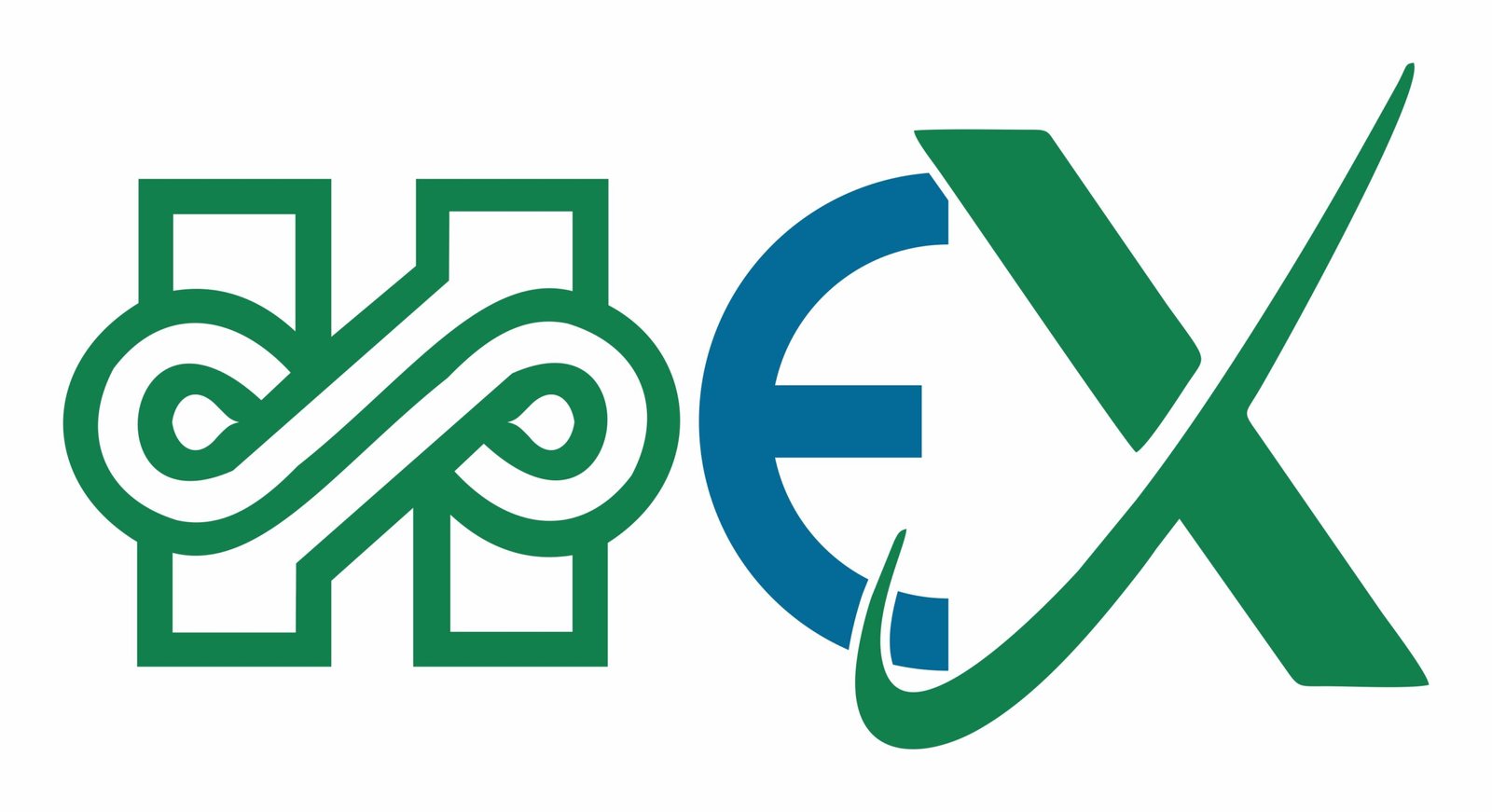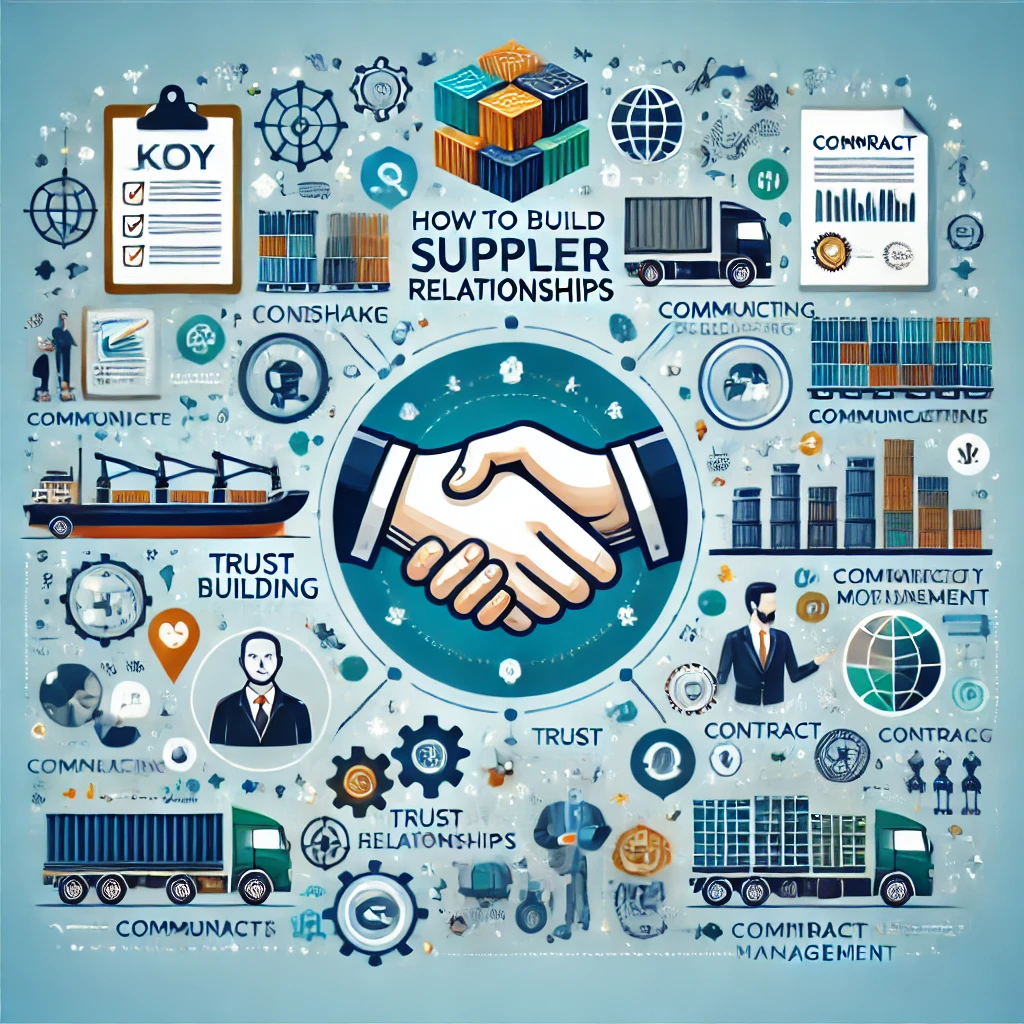Subtotal د.إ0.00
In today’s fast-paced and competitive business environment, commodity management plays a crucial role in ensuring supply chain efficiency, cost optimization, and business growth. Strong supplier relationships are the foundation of effective commodity management, providing businesses with better pricing, higher quality materials, and a more resilient supply chain. Here’s how you can build and maintain strong supplier relationships in commodity management.
1. Establish Clear Communication
Open and transparent communication is key to any successful business relationship. Regularly engage with suppliers through meetings, emails, and digital collaboration tools. Clearly communicate your expectations regarding pricing, quality, and delivery schedules to avoid misunderstandings.
2. Foster Mutual Trust and Respect
Building trust takes time but is essential for a strong supplier relationship. Build Strong Supplier Honesty, integrity, and fair dealings create a foundation of respect that benefits both parties. Avoid frequent contract changes or last-minute order modifications that can disrupt your supplier’s operations.
3. Develop Long-Term Partnerships
Instead of frequently switching suppliers for short-term cost savings, focus on long-term partnerships. Long-term relationships lead to better service, preferential pricing, and priority during supply shortages. Suppliers who feel valued will be more likely to invest in their business to meet your evolving needs.
4. Collaborate for Continuous Improvement
Work with suppliers to identify opportunities for cost reduction, process improvement, and innovation. Encourage them to share insights and suggestions for optimizing product quality and reducing lead times. Joint problem-solving strengthens collaboration and enhances supply chain efficiency.
5. Ensure Fair and Timely Payments
Suppliers are more likely to prioritize customers who pay on time and honor financial commitments. Establish clear payment terms and adhere to them to foster goodwill and reliability. Timely payments also contribute to better pricing negotiations and preferential treatment during high-demand periods.
6. Monitor Performance and Provide Feedback
Regularly evaluate supplier performance against key metrics such as quality, delivery times, and cost efficiency. Provide constructive feedback and recognize suppliers who consistently meet or exceed expectations. A structured performance review process fosters continuous improvement and accountability.
7. Leverage Technology for Better Supplier Management
Utilize supplier relationship management (SRM) software to track supplier performance, manage contracts, and streamline procurement processes. Digital tools enhance collaboration, automate workflows, and provide real-time visibility into supplier performance.
8. Prepare for Risks and Disruptions
Supply chain disruptions are inevitable. Build resilience by diversifying suppliers, maintaining safety stock, and developing contingency plans. Establish strong communication channels with suppliers to quickly address unexpected issues and minimize downtime.
Conclusion
Strong supplier relationships in commodity management are a strategic asset that enhances supply chain efficiency, cost savings, and overall business success. By fostering trust, open communication, and long-term collaboration, businesses can build a more resilient and competitive supply chain. Prioritizing supplier relationships is not just about securing raw materials—it’s about creating value and driving mutual growth in a dynamic market environment.






